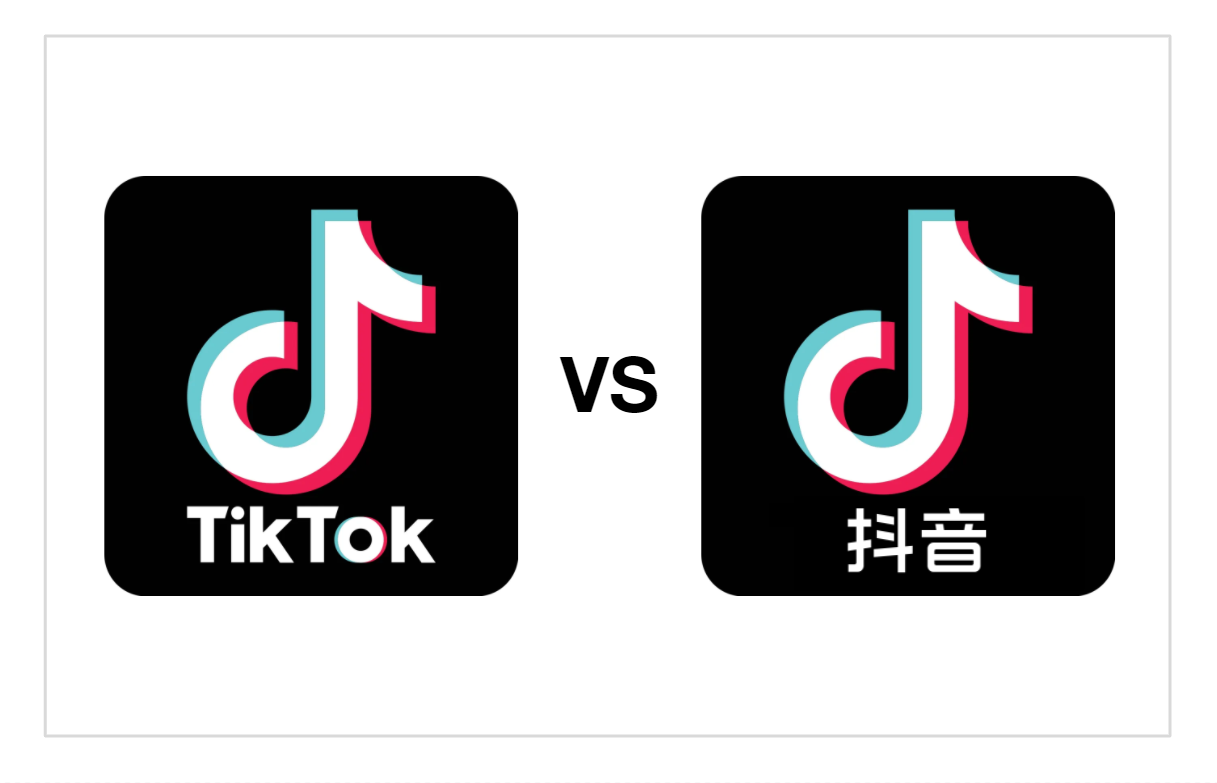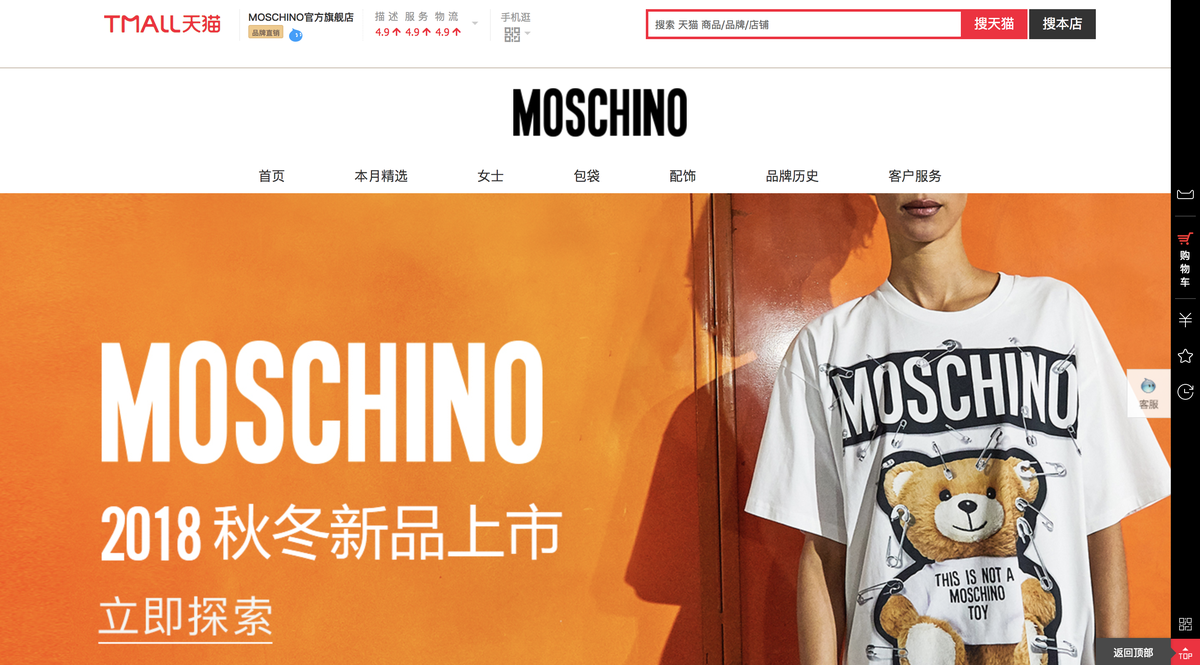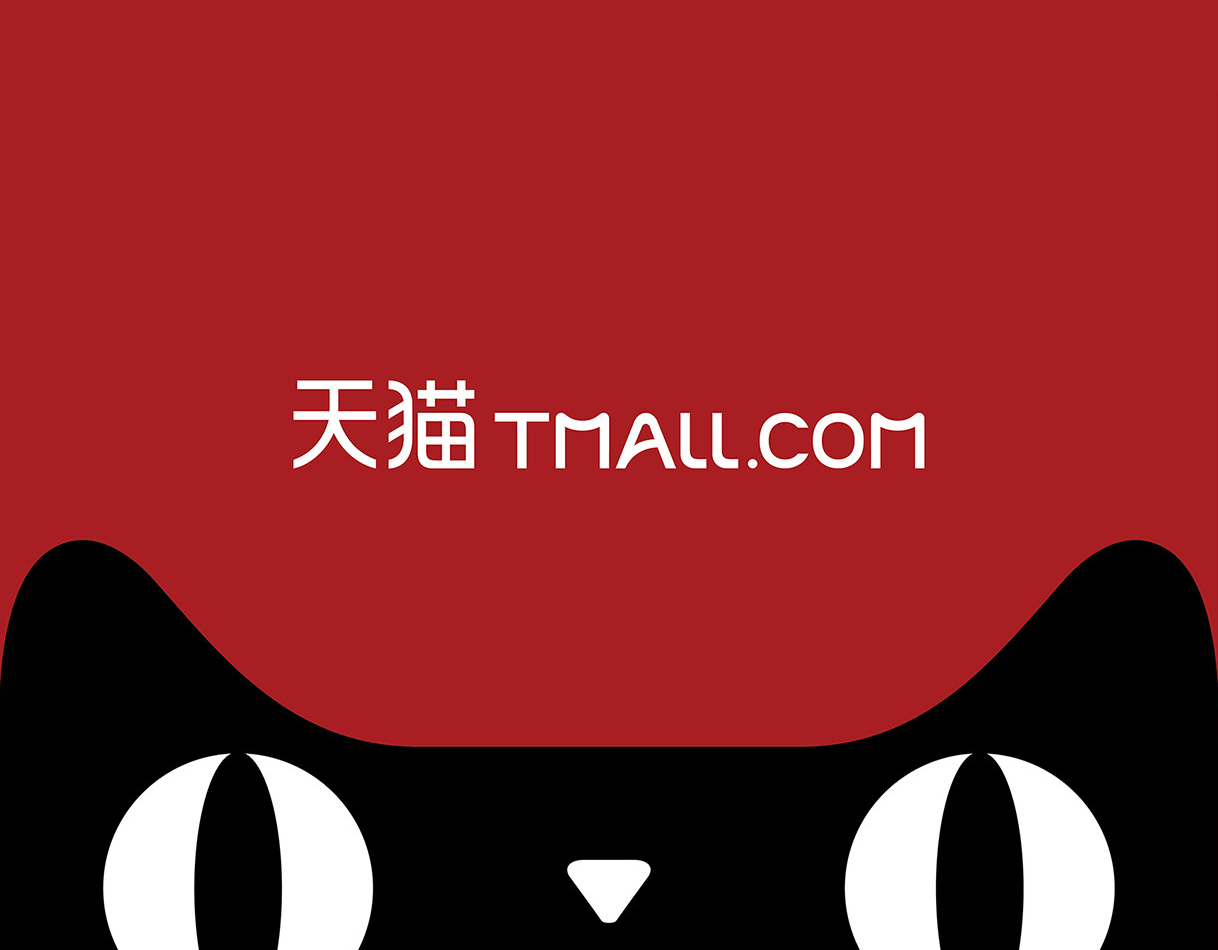China is the second largest advertising market in the world, with a steady growth year by year. Just in 2021, online advertising industry revenue in China hit RMB 934 billion (€132 billion). China’s booming retail business and increasing competition among retailers are causing the online advertising industry in China to grow even faster.
But let’s now look in detail at how a proper online advertising campaign in China can help a brand in its digital strategy.
The laws of online advertising in China
China is one of the fastest growing markets in the world. However, there is a difference between what you “can” do in China when it comes to advertising and what you “should” do to have a successful advertising campaign. Due to its rapid evolution, it is critical to do some research before entering the Chinese market to get the best ROI (Return On Investment).
In China the way one’s brand appears and communicates its message to its target audience goes far beyond content. Indeed, it is essential to understand how ads will be perceived by both Chinese consumers and the government. In September 2015, the Chinese government updated its advertising laws to protect the interest, health, and safety of its citizens by restricting brands from running false promotional campaigns. Moreover, since 2018, WeChat has also introduced strict punishments for all those accounts that do not comply with China’s online advertising regulations and post misleading advertisements.
Penalties for brands that do not comply with Chinese advertising regulations can be severe. These range from RMB 100,000 (about €14,000 ) to RMB 1 million (nearly €142,000). Repeat offenders can expect to pay even more or may have some content blacked out.
For example, the Chinese government has banned advertising for some products such as drugs and pharmaceuticals, pornography, gambling, superstitions, and violence. While for other sectors there are strict rules to be followed at the time of production. For example, if a brand wants to advertise an alcohol product, it cannot show someone actually consuming the alcohol.
Not only classic advertising but also KOLs and KOCs
As a result, in addition to classic adv campaigns, Influencers in China, such as KOLs and KOCs, can also advertise certain products, perhaps in collaboration with a brand. So even KOLs and KOCs must comply with the laws imposed for advertising to avoid penalties.
Advertising regulations in China can be seen as daunting, particularly for an international business. But online advertising in China can bring huge benefits for traffic and sales.
Paid advertising in China
In the past few years, the world of online advertising in China has been changing. Whereas before you could get most of the advertising on television or radio, today most of it can be found in online channels. Social, Apps and platforms, as usual, are confirmed as the main players in this area as well.
Indeed, Internet advertising spending is now rapidly surpassing TV advertising, whose earnings last year amounted to nearly RMB 58 billion (about €8 billion). Although this market is expanding rapidly, it is not enough to focus only on the most popular platforms in terms of users, but also on the infrastructure of each platform to see if one’s advertising campaign fits their services.
The growth of Internet advertising in China is also being encouraged by the increasing use of smartphones and the all Apps that can be downloaded. With over 94% of the population currently using the Internet on their smartphones, China is considered a “Mobile Country“. Therefore, it is essential to focus on this type of advertising since smartphone users can access it on the go. Mobile advertising contributed 57% of media advertising revenue in China in 2019 and is expected to exceed 70% by 2023. This is why it is important to target the most Apps used by users when implementing a working online advertising campaign in China.
Douyin
Owned by Tencent, Douyin is one of the most popular short-video Apps in China. The short-video content format immediately distinguishes Douyin from traditional Chinese social media platforms such as WeChat and Weibo. In this kind of Apps the content still focuses on text, images, and longer videos. Douyin’s platform relies mainly on content from users and In China it is very popular for contests. However Douyin obviously also provides formats for doing advertising.
To be successful in the Douyin sphere, one must have a verified business account. After verifying the account by providing a variety of information such as the type of account, its category, account operator information, and company registration information and documents, you can be two types of advertising on Douyin:
– Brand Takeover: the ad is displayed on the App loading page for one day and redirects to a brand’s landing page or hashtag on Douyin
– Native ADV: the ad is displayed in the users’ feed. ADVs can be videos or images and the duration is between 5 and 15 seconds. This type can redirect users outside the App.
Little Red Book
The main feature of this App is that it helps consumers in their purchasing decision through advice, including KOL or KOC. Little Red Book, or in Chinese Xiaohongshu, can be a tremendous opportunity to build market presence in China, particularly for the fashion and cosmetics sectors. Xiaohongshu offers various advertising tools for brands that have shown good results.
There are two forms of paid advertising on Xiaohongshu:
– Pop-up ads: pop-ups are displayed when you open the App. The ad also provides direct access to the brand’s store by pressing a small button at the bottom of the page.
– Integrated ads: this type of ad appears in the news showing the accounts to which the user subscribes. Users are alerted to the posts by a small button at the bottom of the posts, to the left, called Guanggao, which means “advertisement.”
WeChat is the most widely used messaging app in China. It can be used to do anything from hailing a cab to booking a hotel room. Payments can be made from WeChat Pay. Without having to switch platforms you have a wide range of products to use at the moment.
WeChat ads are always a hot topic, as according to some they work while according to others their effectiveness is not so high. The key to ads on this App is budget allocation. Indeed, WeChat ads require a higher level of initial investment than other platforms. Different types of ads can be created here as well:
– WeChat moments: ads via moments were launched in 2015. These types of ads are recommended for brands that already have some level of engagement in China. WeChat Moments ads include: brand image, up to 40 characters for a short description, link to a Web page, up to 6 images or 6-15 seconds of short-video, ability to choose the target audience to their location, interests, age.
– WeChat banners: there is another form of advertising on WeChat called banner advertising. These banners are very similar to the banner ads you see on a website. In the context of WeChat, they appear at the bottom of a message written by an official WeChat account. Banner ads can prompt users to follow the official WeChat account, download an app, request a coupon code, purchase a product, a registration link, or a custom landing page.
Scheduling online advertising in China
Online advertising in China is not only purpose-built campaigns, but also uses new artificial intelligence. Some intelligent marketing platforms formed by an engine that can connect big data to artificial intelligence technology can be found in the market.
With the unique artificial intelligence core, these platforms offer all brands the ability to build their own small robot. Through this, brands can build their own intelligent marketing decision-making capabilities, so they can consult huge amounts of data.
The data being analyzed starts with stock forms from e-commerce platforms, mini-programs from WeChat, and many others. Once this data is collected, artificial intelligence comes into play, which analyzes the data and then builds the most appropriate advertising campaign. The solutions proposed are many: from social media, to Apps to email. Everything is carefully calculated on the brand and data analysis of the platforms where the brand is located.
In conclusion, advertising in China can be a good ally for increasing followers and driving new users to your brand. However, you have to decide your plan of action and which platform is best for your digital strategy. If you follow the laws imposed by the Chinese government, surely advertising in China can prove to be a good trump card.








